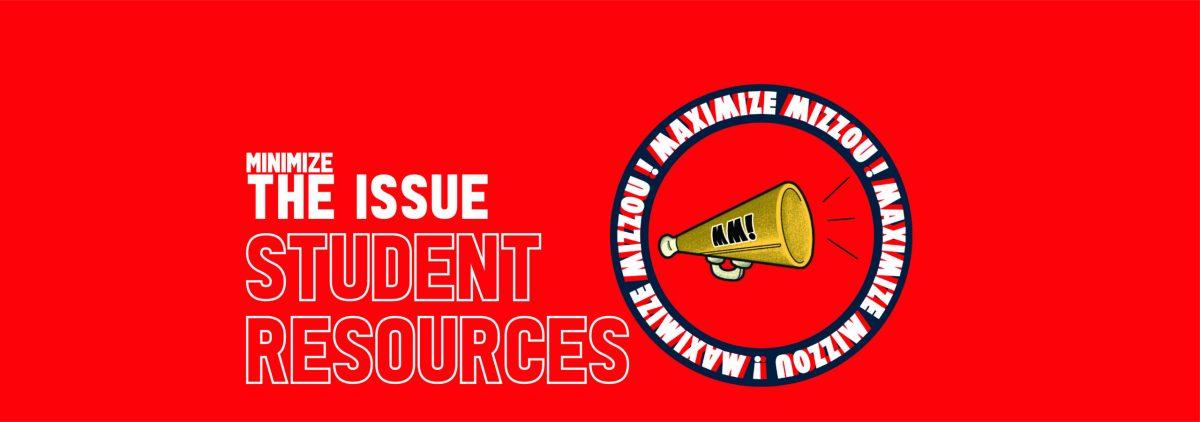“Maximize Mizzou,” one of the two slates running for Missouri Students Association president and vice president this month, wants to optimize the resources provided to MU students.
Both Samantha “Sami” Hole, the slate’s presidential candidate and Daniel “Danny” Daugherty, the vice-presidential candidate, spoke about their desire to bolster student resources.
Reporter Savvy Sleevar (SAV): How [would] your administration improve the accessibility and outreach of the existing student resources MU has to offer?
MSA Candidate Danny Daugherty (DAN): We really want to focus on supporting our continuing students … Where is the accessibility for those resources for those students who are not on their first campus tour? Where is it for our graduate students, for our transfer students, for our professional students? What we really want to focus on is using the resources that we already have … and implementing more of that accessibility … We want to make sure that students are able to find [resources] in a one-stop shop.
Daugherty added that while he thinks MizzouOne is a good resource for students’ “transactional needs,” it does not fully address all student needs.
SAV: Do you believe the amount of student resources is sufficient? What resources are missing, and how does your slate anticipate addressing those needs?
DAN: I think that it will never be sufficient. [New students] will always have their own unique set of [needs] … What we think might be missing is tailoring to those more specific needs within the grand scope of resources that are already available.
Here, Hole said that student resources created during times of social change, particularly racial justice movements, often disappear after a noticeably short time.
MSA Candidate Sami Hole (SAM): [We want to protect] those student resources and [make] sure they will stay on campus.
SAV: This is kind of an extension of [the current subject]. How do you plan to tailor [resource] optimization for underrepresented racial demographics, students living off campus and other students who are unable to comfortably access the resources that they need?
DAN: When it comes to serving those [students], I think that speaking to those student groups more frequently and making sure they are recognized more frequently will be really helpful. If it’s just like, “Hey! We’re Mizzou, and we have a Counseling Center,” and that’s it, students are not going to be as inclined to go look for it. But if MSA [is communicating to diverse identities], I think that will [tell] students, “Oh! I can actually go seek this out. It’s not just for the ‘standard Mizzou student,’ it’s for me too.”
SAM: A lot of our platforms are very intertwined. With revitalizing student resources, we’ve talked a lot about communication. With Greek Life, we’ve talked a lot about communication. All of it has to do with one another.
Hole said communication is key for many improvements that she and Daugherty could make. Student resource optimization is no different. Communication is a priority if Maximize Mizzou wants to equitably market MU’s existing resources to all students, especially students whose identities intersect in unique ways that student resources are not yet built to support.
Alongside communication is the need for clarity. The slate’s goals surrounding resource maximization depend on their potential administration showing students where resources are located, whether certain resources exist and how students can get the most out of them.
Use this link to submit questions for the candidates to answer at the debate: https://forms.gle/ot2inTXzRbb2aBFMA
Edited by Emmet Jamieson | [email protected]








